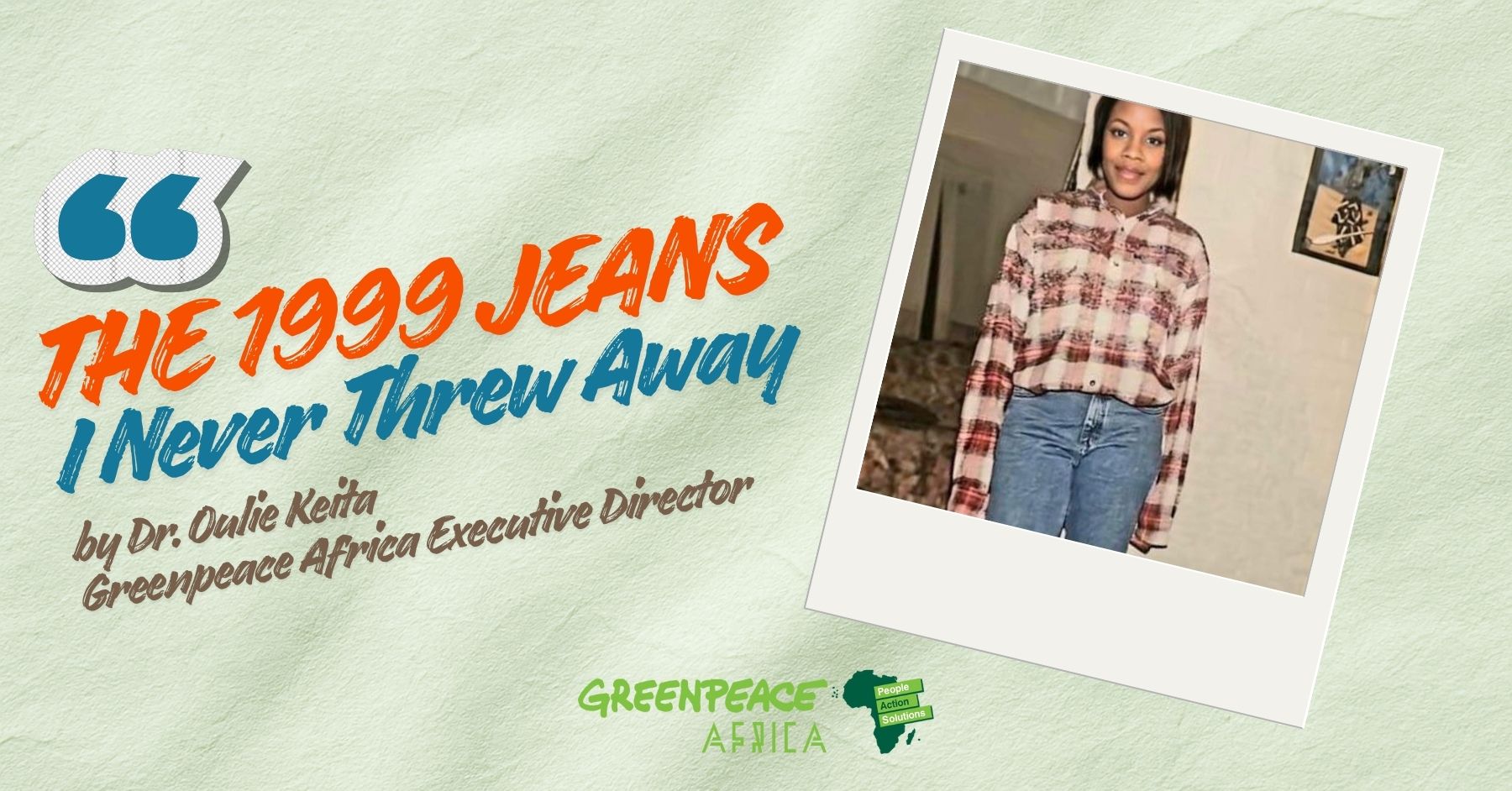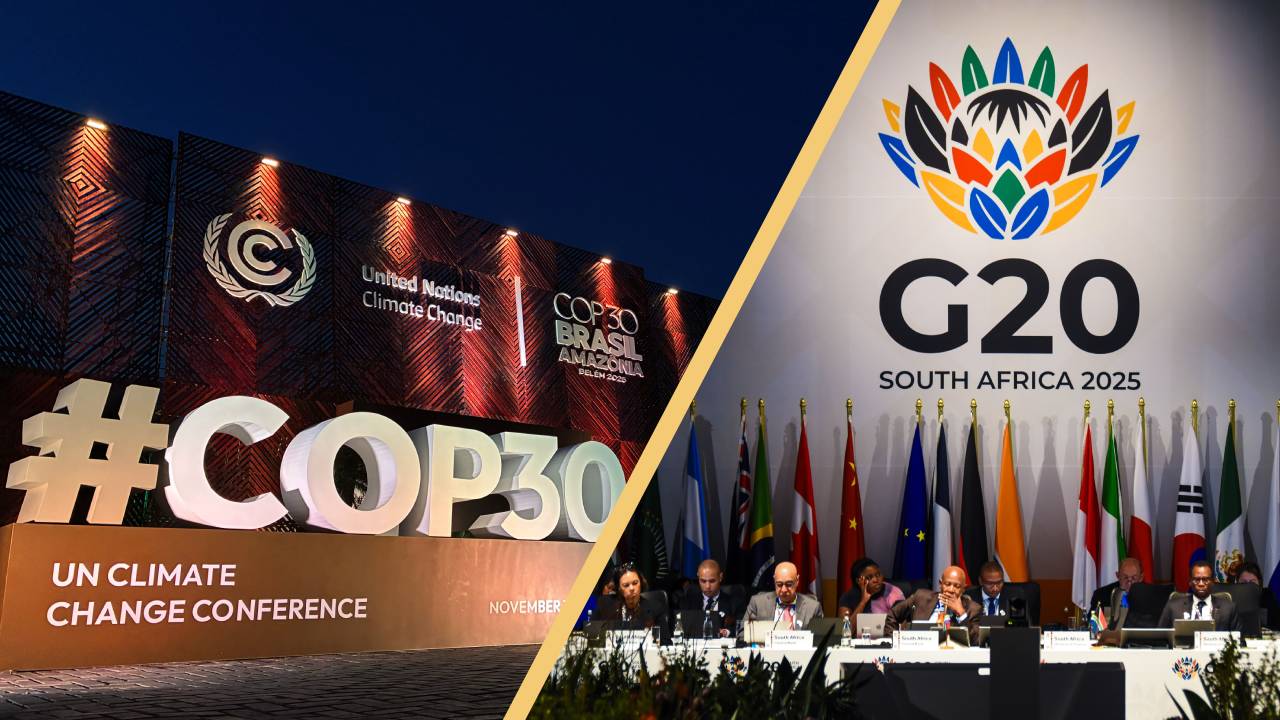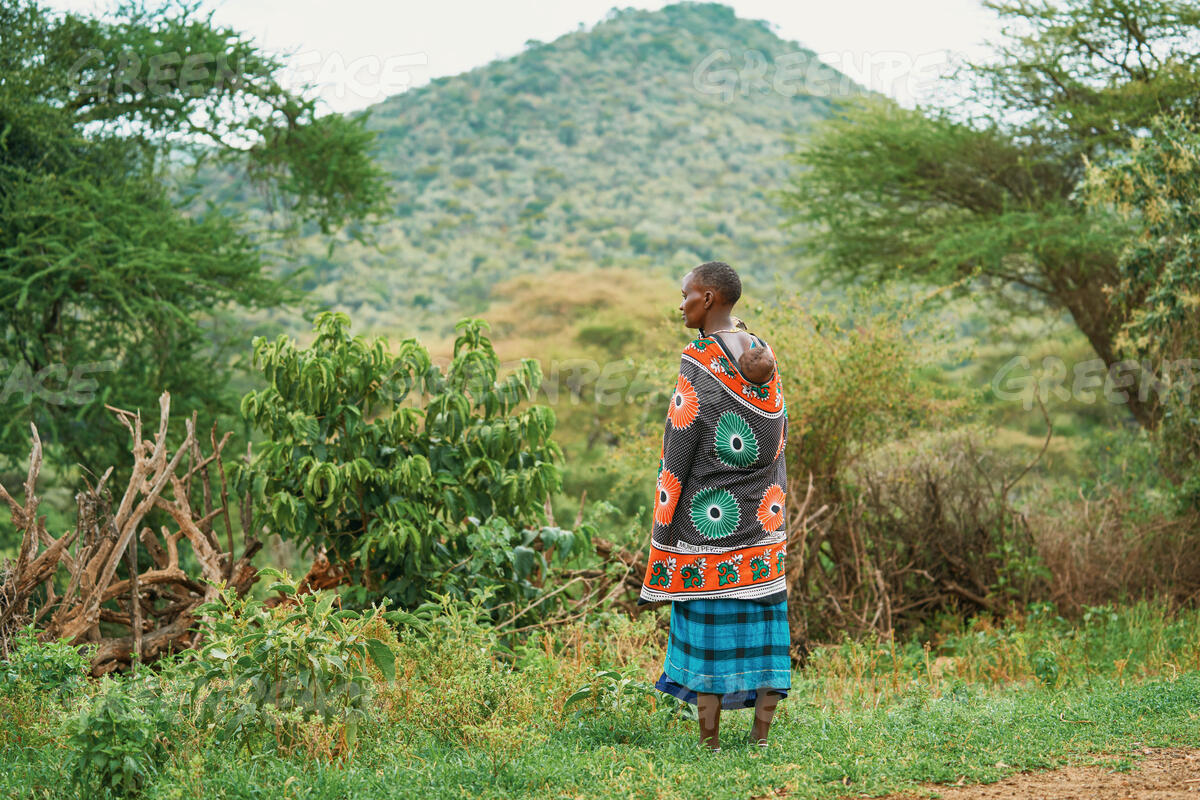Floods, drought and other extreme weather events have become the norm in the current times. Lives in the hundreds have been lost and the loss of livelihoods has left many families hopeless.
Climate change is a concept known by many as the change of weather patterns over a long period of time. It is true that climate has been changing since time immemorial, but the onset of industrial revolution engaged a higher gear in making it more unpredictable and erratic. Human activities such as burning of fossil fuels for energy, industrial agriculture,and deforestation have exacerbated the crisis.
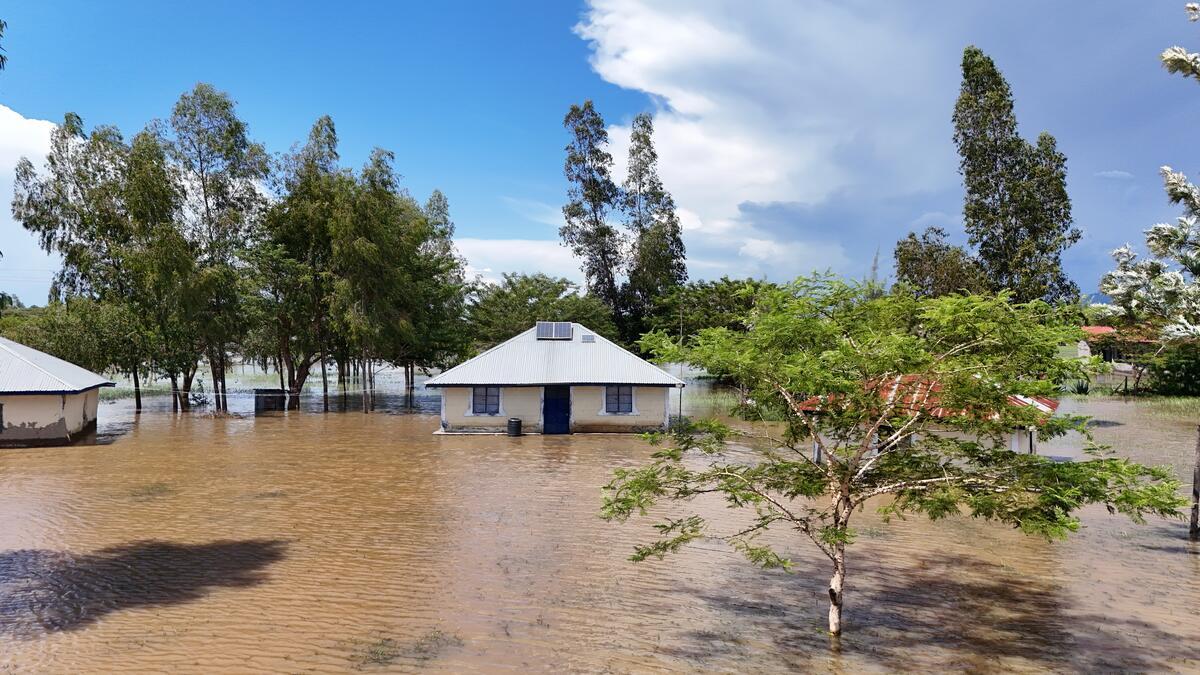
As the world races with ambition to keep the global temperature below 1.5°C, fossil fuels industries continue to expand their businesses. The insatiable appetite for profit means finding more places to drill for oil and gas including in our oceans and forests. This needs to stop.
The evidence of the climate crisis is far reaching. A livestock farmer in Marsabit lost over 100 cattle and goats during the drought period leaving a few surviving herds and as if that wasn’t enough, the floods took away his remaining livestock.
In another area of the country, a farmer lost all his crops during the flooding season, his crops were washed away leaving the land bare and exposed to more environmental disturbances.
Economies like Kenya’s are set to pay a hefty price to repair infrastructure like roads, bridges, schools, farms and to compensate affected families. The annual cost of damage globally from the climate crisis is estimated to be $1.7 to $3.1 trillion and Kenya is estimated to lose over 3.1 trillion shillings from the economy by 2050 due to climate inaction. This is just a tip of the iceberg when it comes to the total cost of destruction. And where will this money come from?
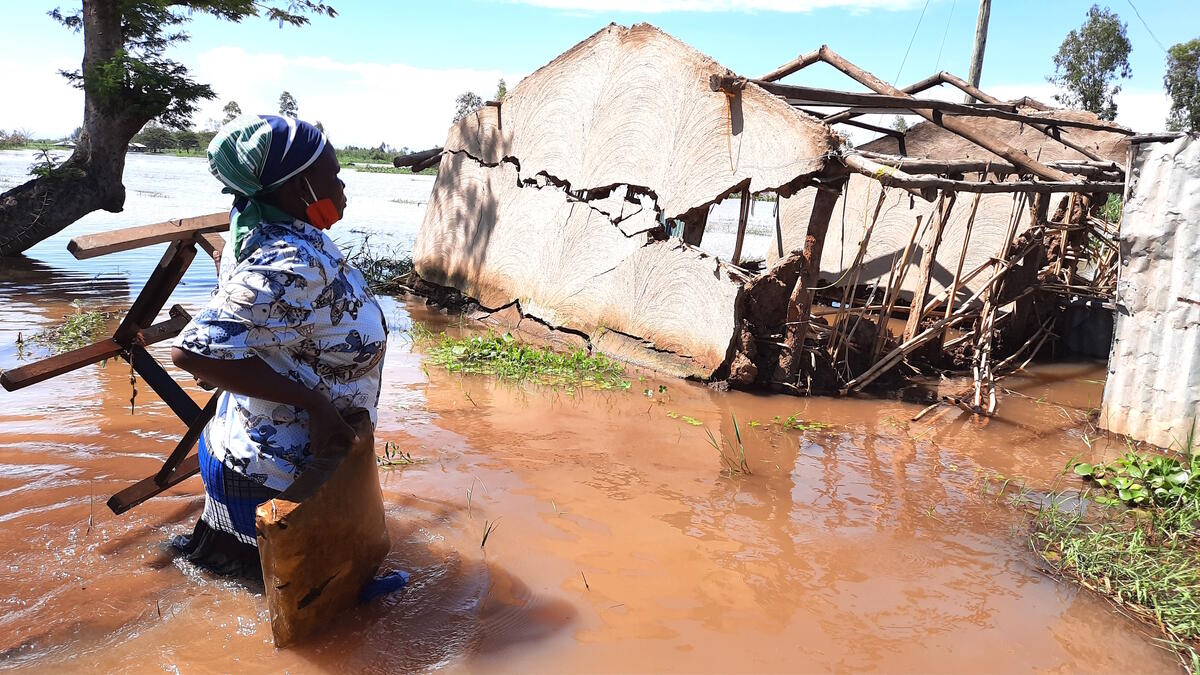
Solutions like carbon offsetting projects are good on paper but deeply flawed in reality. Communities are losing their lands to intermediary companies implementing these projects while violating human rights of legal holders of the lands.
For instance, In Tanzania, the Maasai communities were evicted from their ancestral lands to pave the way for implementation for these projects.Other countries being affected include Kenya, Zambia, Zimbabwe and Liberia. People and the environment need to coexist and Indigenous communities have been key to that since time immemorial.
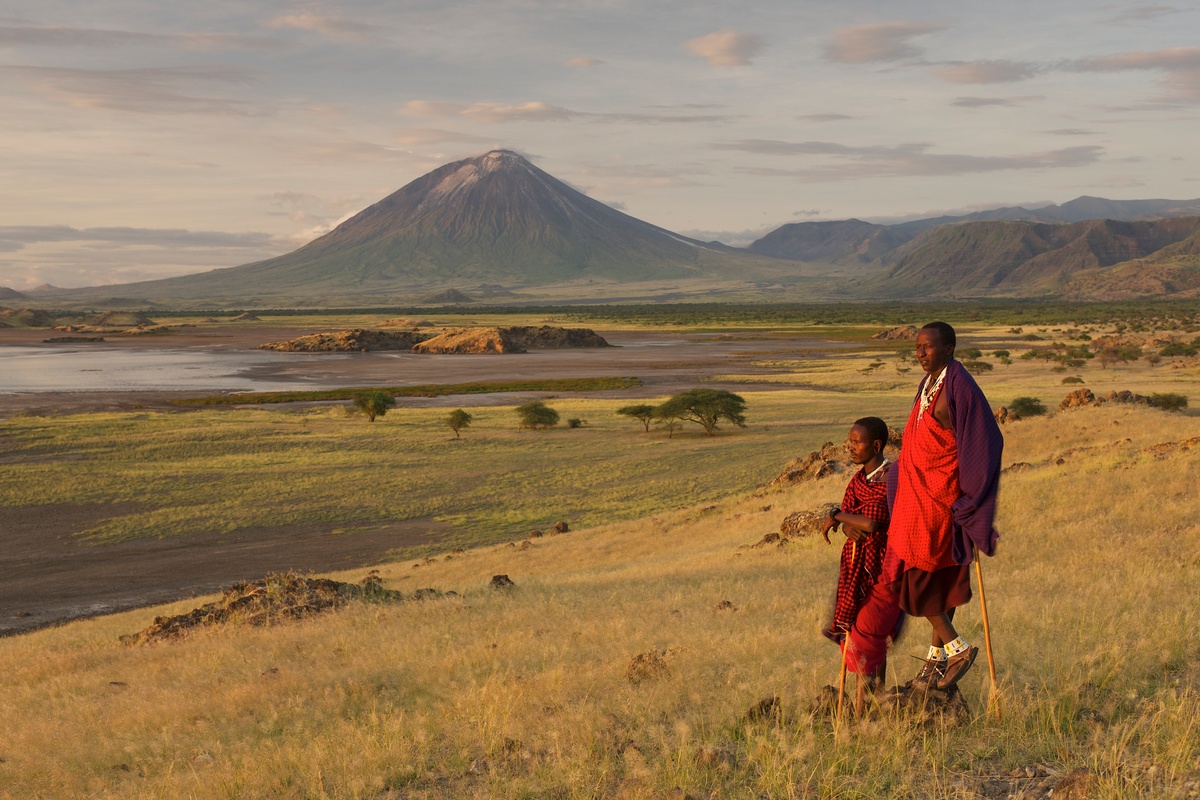
Rather than evicting communities from their lands, governments should address real solutions to the climate crisis which includes: phasing out fossil fuels, halting all new coal and gas exploration, promoting sustainable agriculture, investing and financing renewable energy sources and decentralising power systems, encouraging mini grids for renewable power generation.
For our survival, the above real solutions need to be implemented urgently. Governments should take responsibility to protect their citizens from greedy and profit driven industries including fossil fuels companies and ensure just,fair and equitable transition to a sustainable future.
Take action today and demand for climate justice NOW. SDSP petition
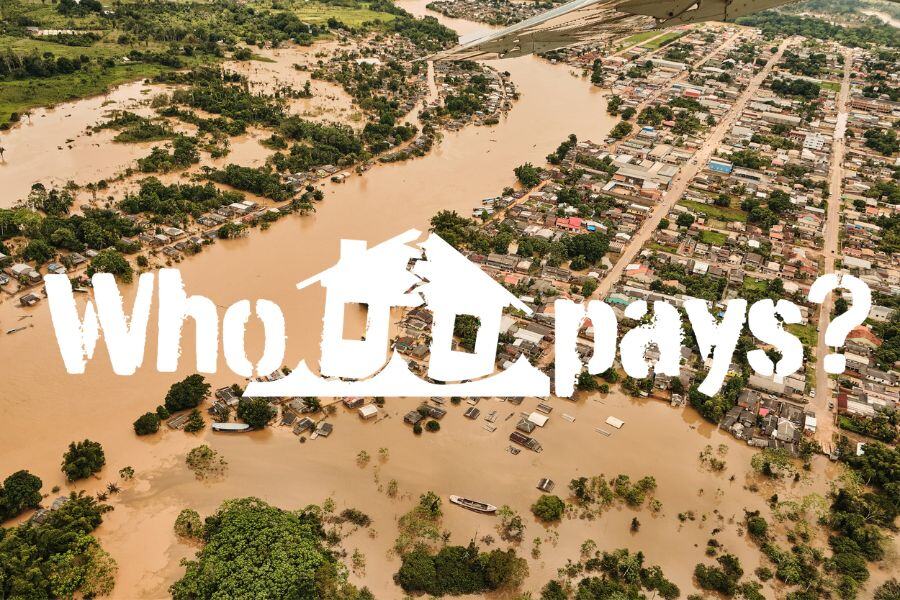
We demand that fossil fuel companies must be forced to stop their climate wrecking activities including their involvement in new fossil fuel projects.
ADD MY NAME
